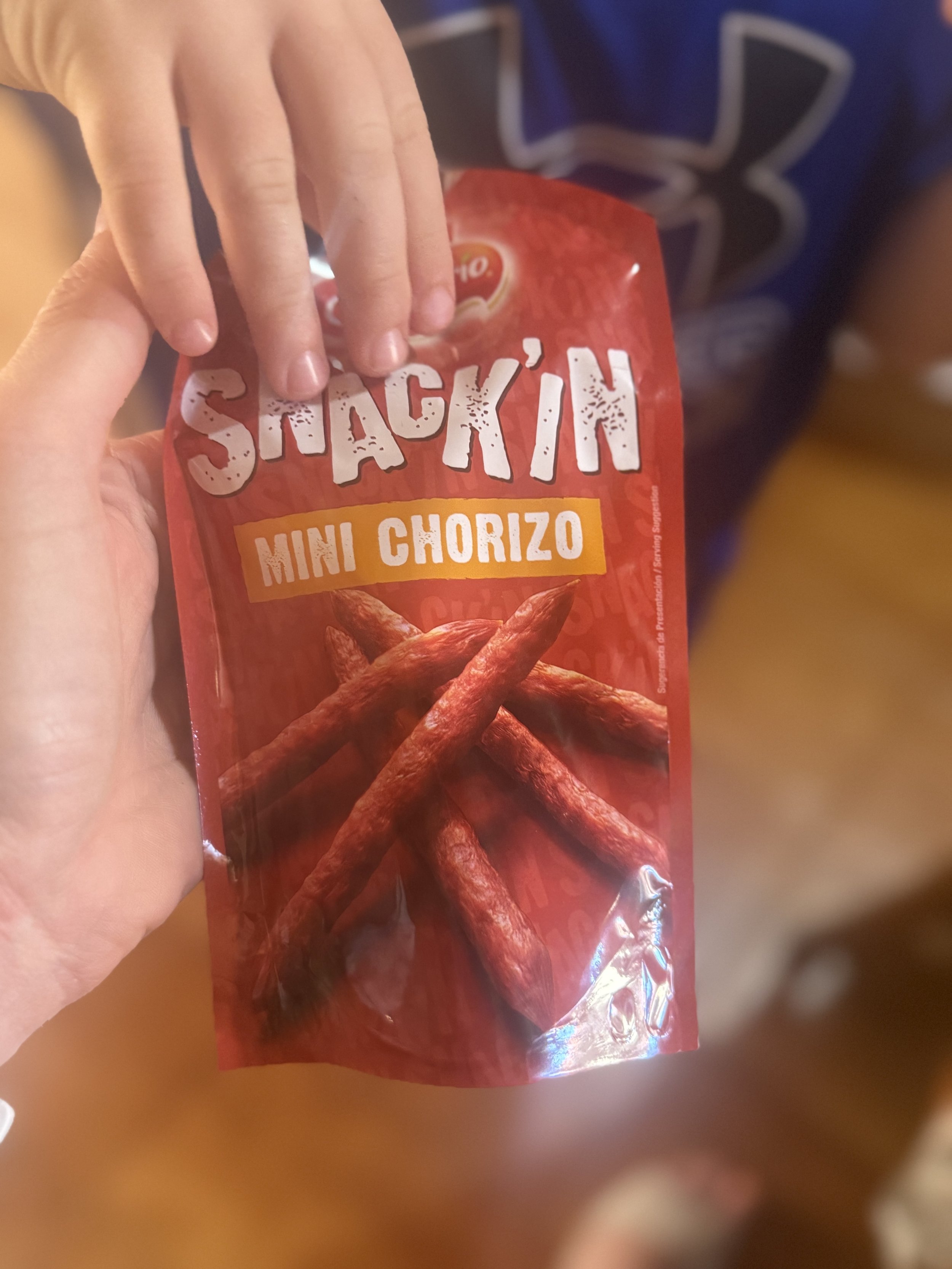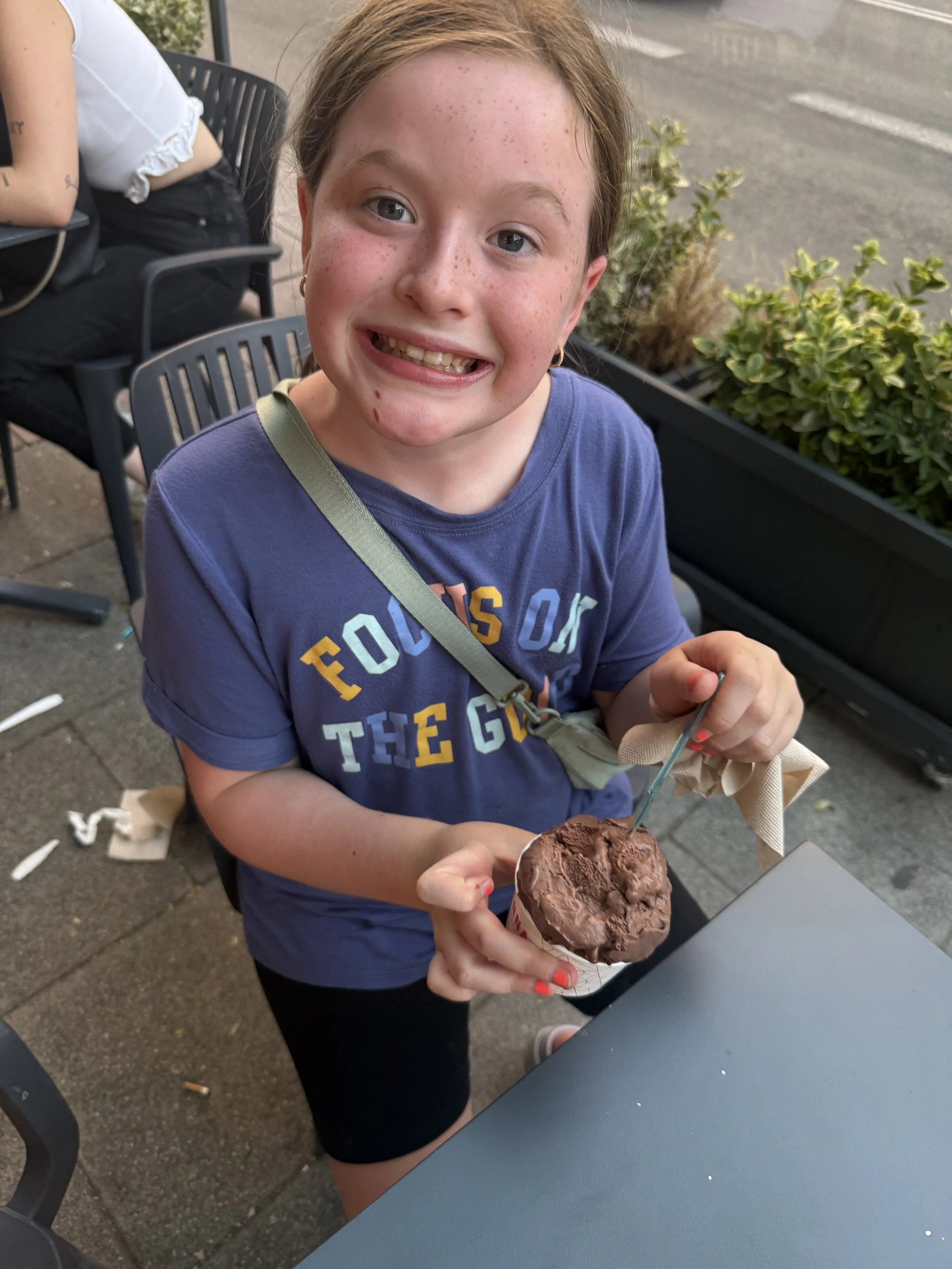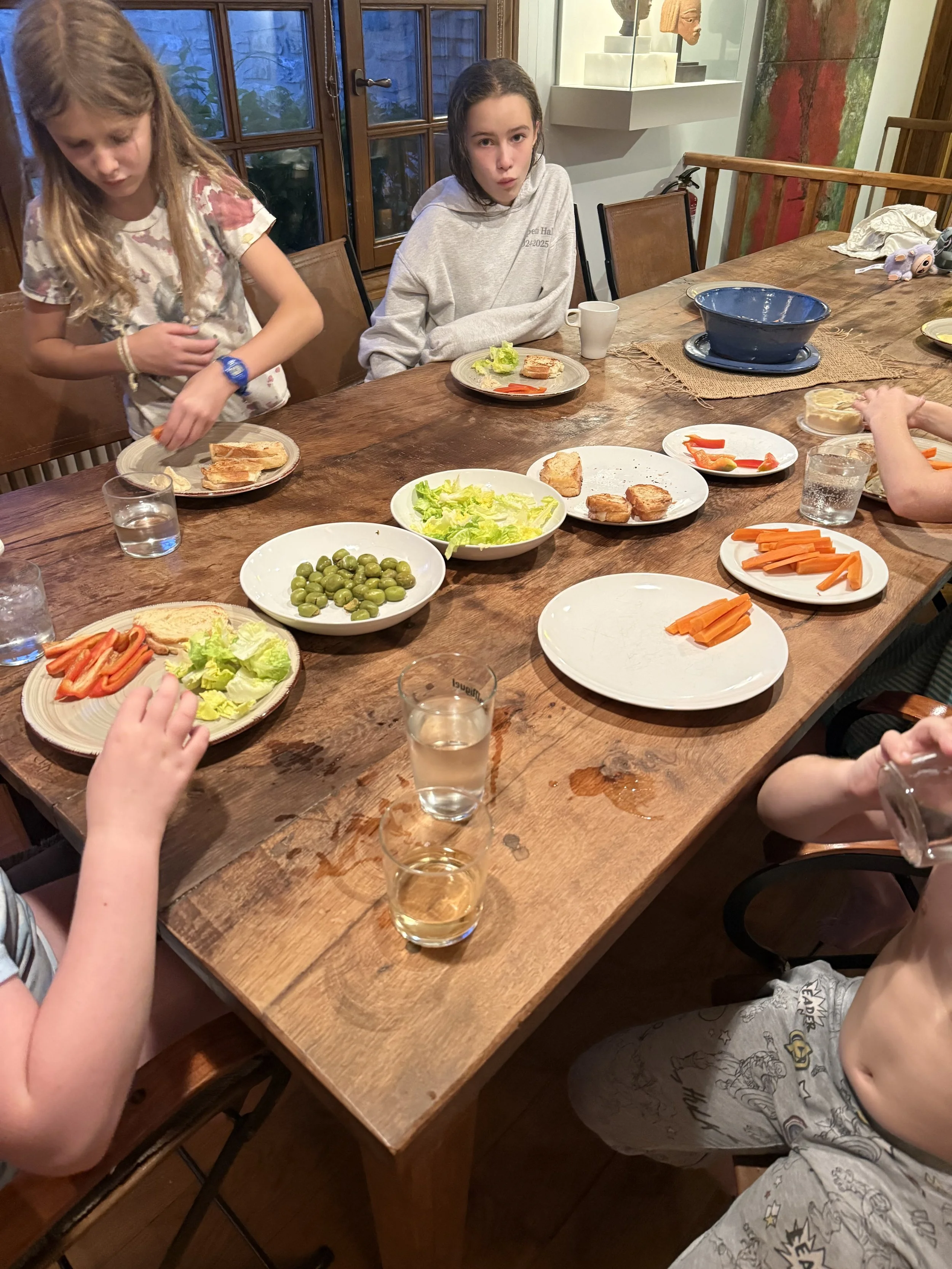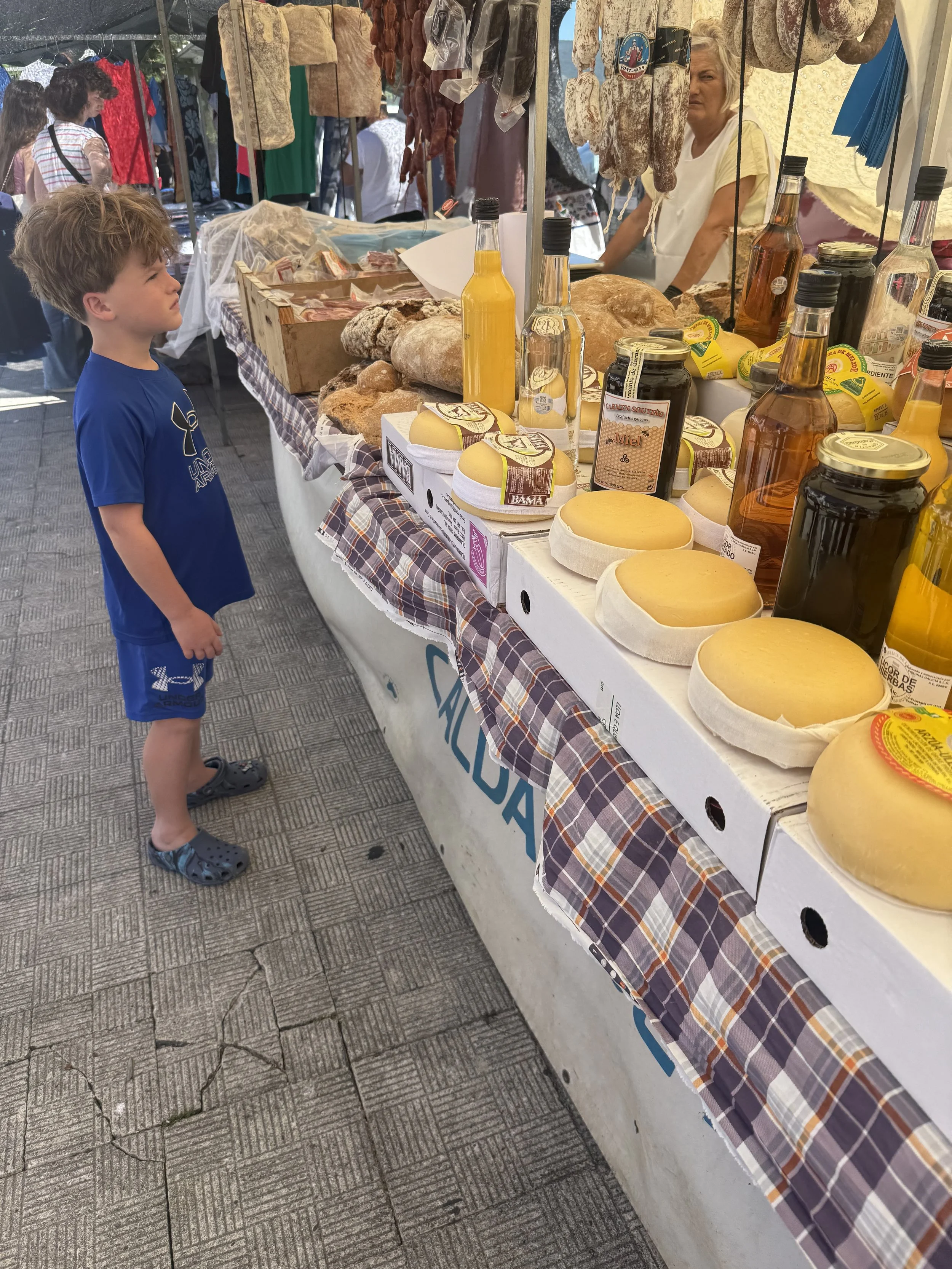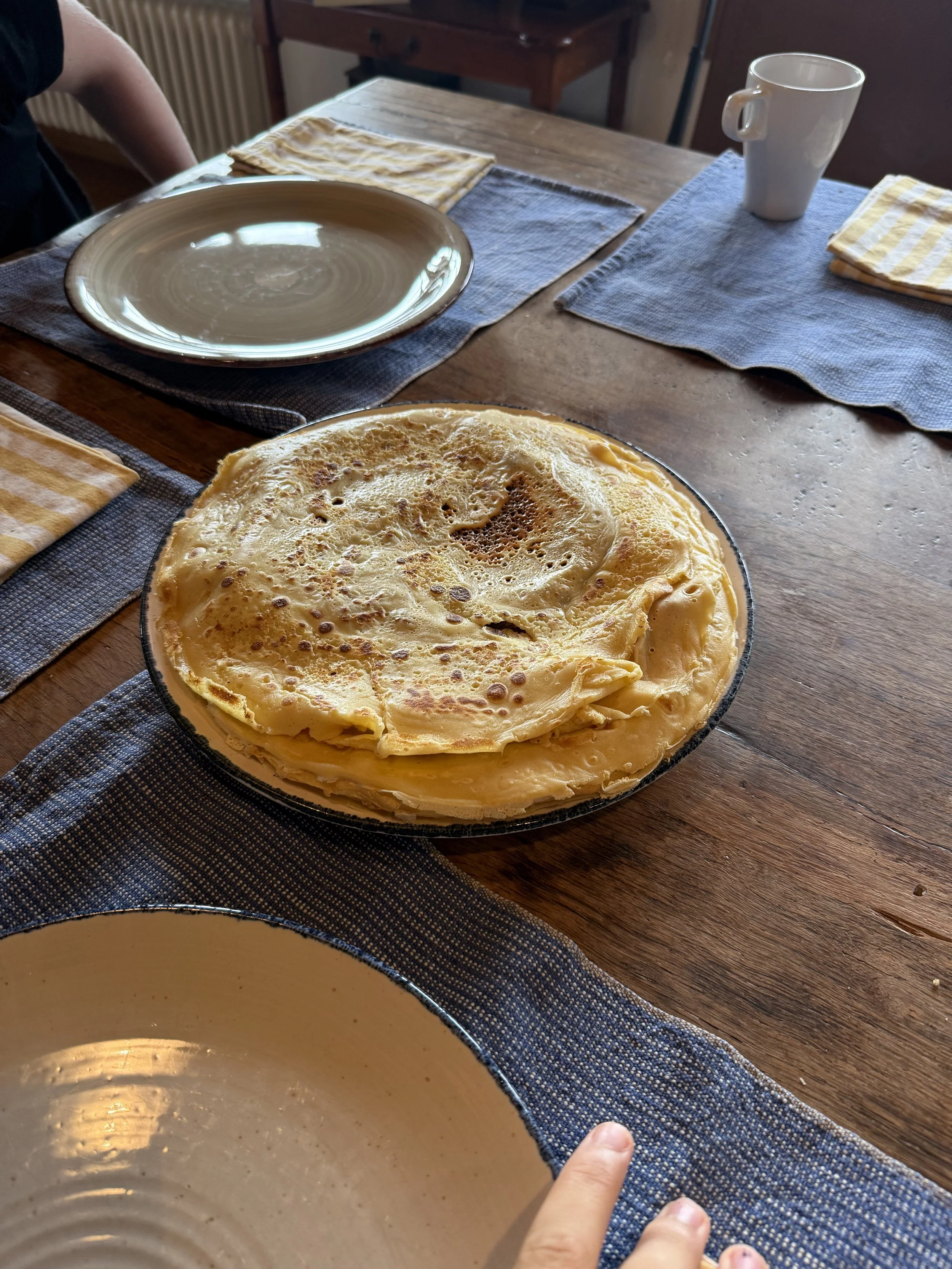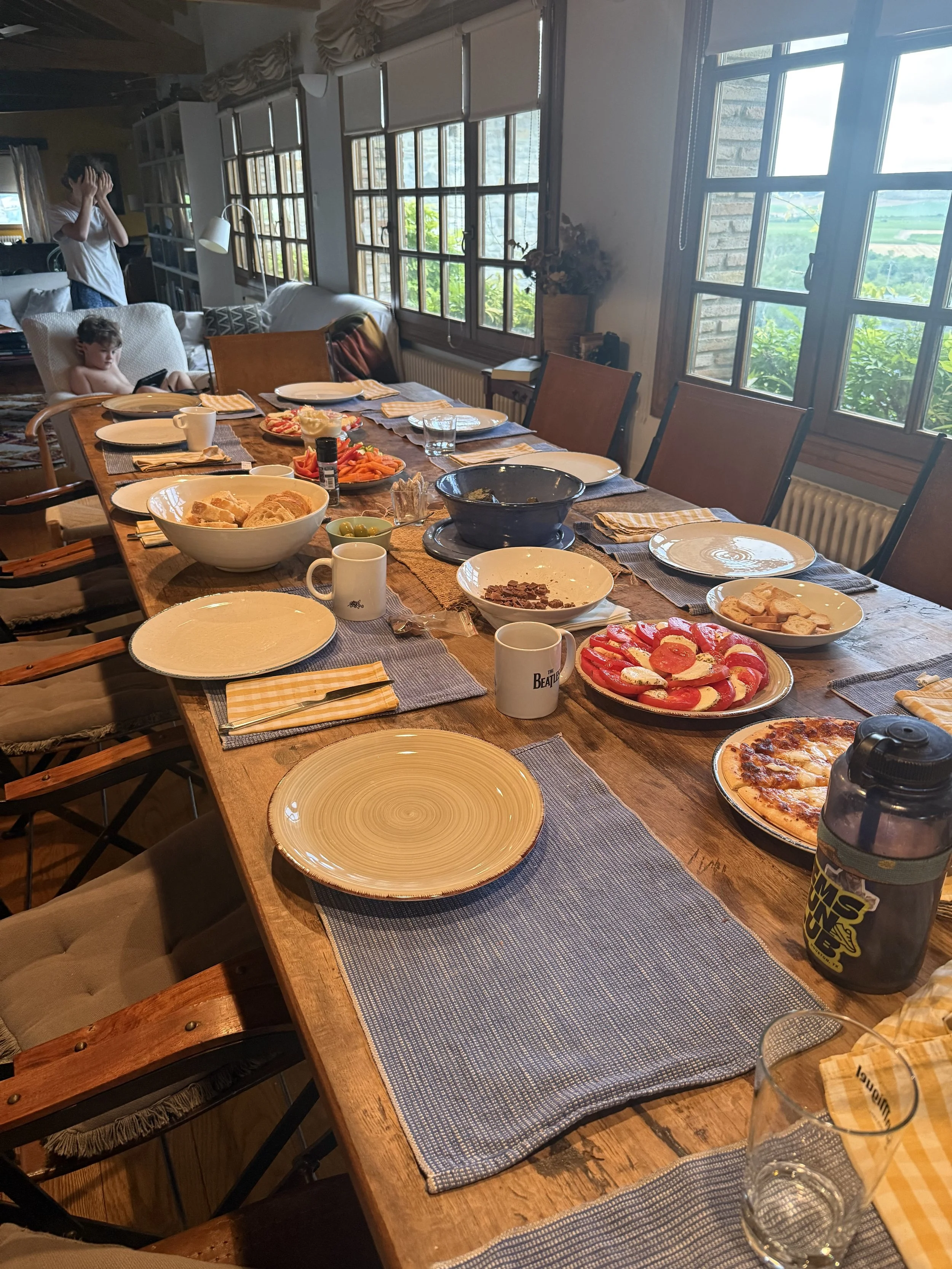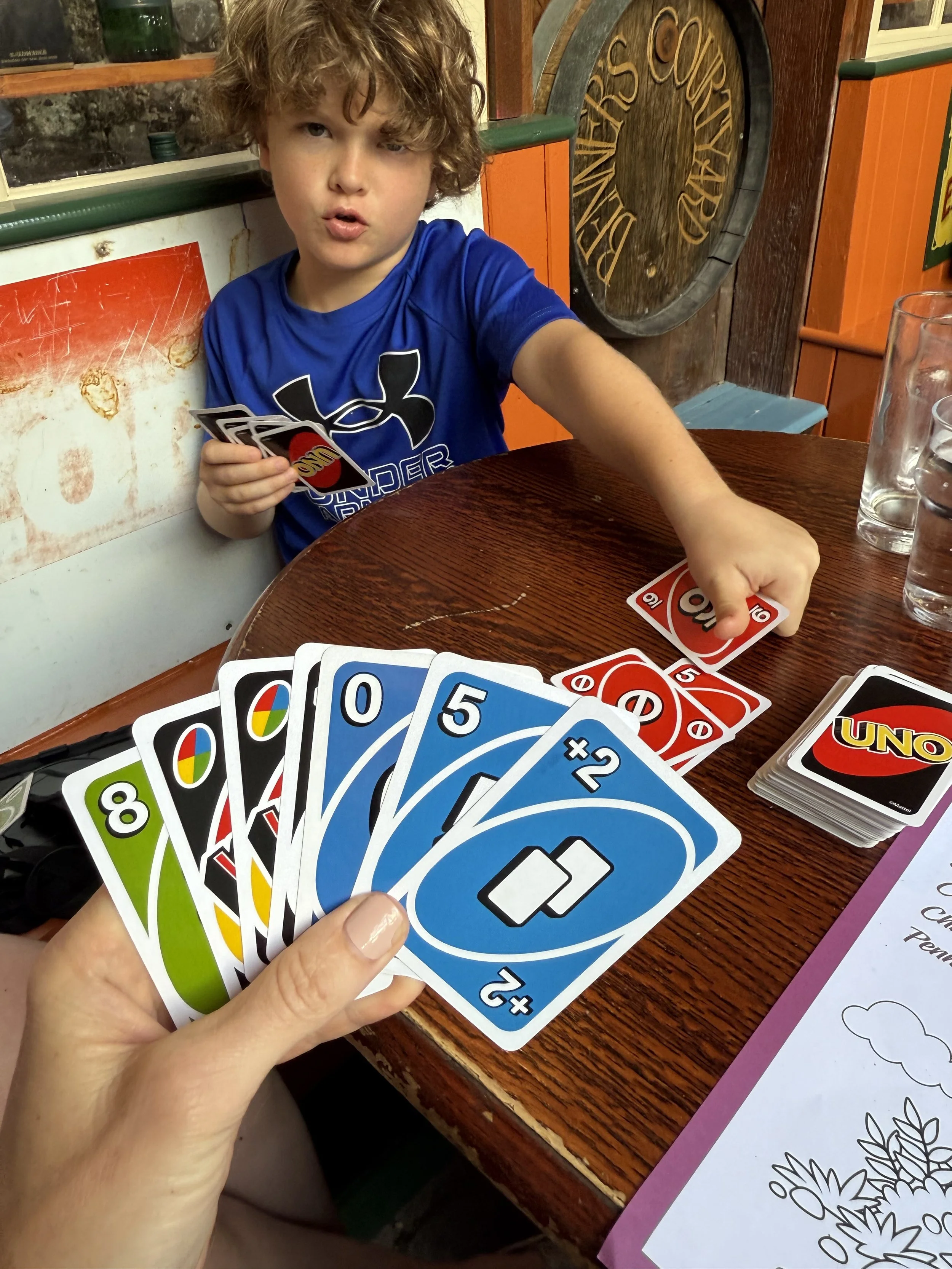Traveling with Little Eaters: Practical Tips for Raising Curious, Capable, and Flexible Food Explorers
After five weeks traveling through Ireland, France, and Spain with our family, we returned home tired, full, and more convinced than ever that travel can be one of the best ways to raise curious and flexible eaters. Along the way, we encountered everything from fresh seafood and snails to long road trips and unfamiliar menus—and the kids amazed us with their openness, resilience, and growth.
Whether you’re planning a weekend getaway or an international trip, here are real-life tips to help your family eat well, explore joyfully, and avoid mealtime meltdowns on the road.
✈️ 1. Plan Some Meals Ahead
Don’t overplan—but don’t wing it completely either. Look ahead to see where meals might fall during travel days or excursions, and pack accordingly. Snacks and backup meals (like sandwiches or wraps) can prevent hanger from derailing your plans.
Tip: Use sandwich bags or small bento boxes to pre-pack options, and always bring a protein-rich snack like jerky, hard-boiled eggs, cheese sticks, or nuts (when age-appropriate).
🧃 2. Allow One Preferred Drink or Treat a Day
Travel is special. Offering one “yes” drink (like Sprite or juice) each day gave our kids something to look forward to without creating a free-for-all. It’s a great way to practice balance.
Tip: Set expectations ahead of time—“You can choose one fun drink today,” and let them decide when to use it.
🍽 3. Eat at Home at Least Once a Day
Even if you’re in a hotel or Airbnb with a small kitchen, aim for at least one or two meals at home per day. Keep it simple: eggs, toast, yogurt, fruit, deli meats, and veggies. This gives kids some structure and predictability during a time of constant change.
🍇 4. Involve Kids in Food Choices
Bring kids to the local market, let them pick out fruit, snacks, or something new to try. If you’re eating out, read the menu together and choose one item they know, and one item to try.
Bonus: Food tours are a fun and low-pressure way to introduce new tastes—they’re now a must-do on our future trips.
🐙 5. Try Foods You Never Thought You’d Order
We tried escargot in Paris, mussels in Ireland, and pulpo in Spain—and some of our kids loved them. Let your child see you trying new things too. Modeling curiosity and flexibility is more powerful than pressure.
👩🍳 6. Let the Kids Help Make a Meal
If you have access to a kitchen, even a small one, involve the kids in helping prep a meal. Slicing fruit, cracking eggs, setting the table—it gives them ownership and increases the likelihood they’ll eat what’s offered.
🍴 7. Reinforce Mealtime Habits (Even on the Road)
We kept some simple mealtime expectations no matter where we were:
Sit at the table
No screens
Everyone eats something
Talk about the food after
This consistency helped our kids feel grounded—and gave meals a sense of rhythm, even when everything else was new.
🎲 8. Bring Games or Conversation Starters
While waiting for food at restaurants, we pulled out card games, Rummikub, or just made up silly table games. It helped pass the time and kept energy positive at the table.
🗣 9. Talk About the Food
After a meal, we’d ask:
What did you eat?
What did you like?
Would you order it again?
This gave our kids the language to describe their experiences and helped normalize trying something new—even if they didn’t love it.
🥦 10. Remind Them: “Not Every Meal Needs to Be Your Favorite”
This became a daily mantra. Travel food isn’t always a hit, but that doesn’t mean it’s a failure. Helping kids accept variety without needing every bite to be perfect builds resilience and gratitude.
Final Thoughts:
Travel is an incredible opportunity to build food confidence and curiosity in kids. It doesn’t have to be fancy—it just needs to be intentional. Keep it fun, stay flexible, and embrace the joy (and occasional chaos) of exploring the world through food.
Little Eaters Takeaway:
You don’t need perfect meals to raise adventurous eaters. You need consistency, connection, and curiosity. Travel gives your child a chance to stretch—all while making memories at the table and beyond.


